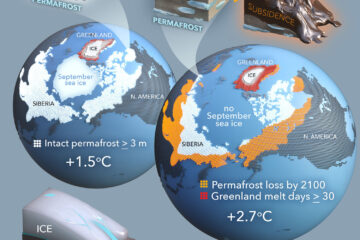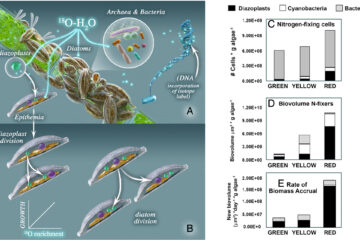Soil science: Scavenging for scrap metal
Organisms acquire some elements from the environment with ease. Diffusion alone often provides enough carbon dioxide, oxygen and water. But getting other elements requires more effort, spurring unique evolutionary adaptations: instead of taking up nutrients from the soil, some plants in acidic bogs trap insects to obtain nitrogen and phosphorus 1; geophagy — or eating dirt — may sometimes be important for acquiring iron by primates 2; plants and microorganisms secrete compounds that liberate phosphorus from unavailable forms in soil 3; and many bacteria secrete metal-scavenging compounds called siderophores to capture iron and copper 4,5. Evidence has mounted that molybdenum is also specifically targeted 6. On page 243 of this issue, Bellenger and colleagues 7 confirm this, showing that siderophores produced by the nitrogen-fixing bacterium Azotobacter vinelandiibind with molybdenum and vanadium in the laboratory, promoting uptake of these metals.


